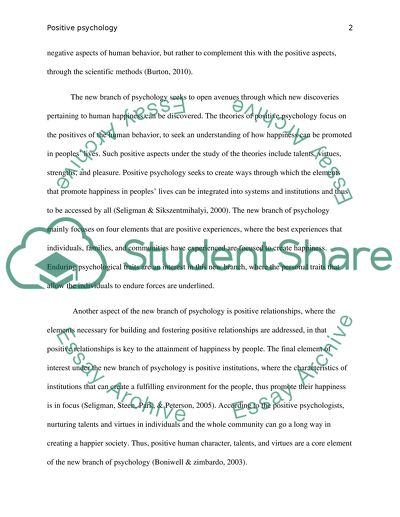Cite this document
(“Positive Psychology Essay Example | Topics and Well Written Essays - 1000 words”, n.d.)
Retrieved from https://studentshare.org/psychology/1447954-what-is-positive-psychology-do-we-need-it
Retrieved from https://studentshare.org/psychology/1447954-what-is-positive-psychology-do-we-need-it
(Positive Psychology Essay Example | Topics and Well Written Essays - 1000 Words)
https://studentshare.org/psychology/1447954-what-is-positive-psychology-do-we-need-it.
https://studentshare.org/psychology/1447954-what-is-positive-psychology-do-we-need-it.
“Positive Psychology Essay Example | Topics and Well Written Essays - 1000 Words”, n.d. https://studentshare.org/psychology/1447954-what-is-positive-psychology-do-we-need-it.


